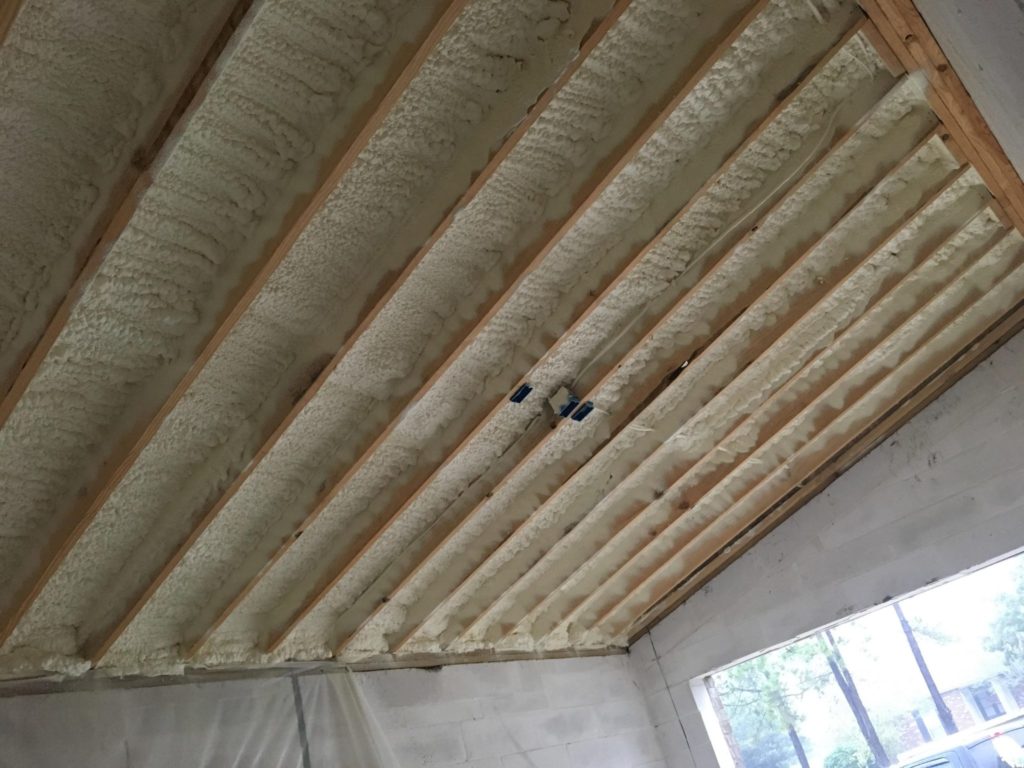How your attic’s ductwork can lead to moisture and mold problems, Baton Rouge, Zachary, Walker, and Surrounding Areas
You’re not the only one who gets all clammy when the humidity is high. And while you might be able to stay dry by doubling up on the antiperspirant and donning your most breathable shirt, dealing with your home’s “sweaty ductwork” is a little more complicated.
Can my attic have sweaty ductwork?
That’s right. Consider this: Water is everywhere, and the air can only hold so much. When relative humidity reaches 100%, the air is holding all the water that it possibly can, and water vapor will begin to drop out of the air and condense into a liquid.
When warm, humid air meets the colder surface of your home’s HVAC ductwork, it condenses much like the outside of your icy pitcher of lemonade on a sultry Louisiana day. Since hot air can hold more moisture than cold air, you might think that the high temperatures in your attic will prevent duct sweating. Wrong. When attic temperatures drop at night, so does the surface temperature, making condensation inevitable there as well.
Why sweaty attic ductwork is a reason to sweat
- Moisture can drip off the ducts onto the insulation, and depending upon what type you have, compress it and reduce its R-value and effectiveness.
- It can cause ugly ceiling leaks that get even uglier when they lead to ceiling collapse or drywall rot.
- It can supply mold with the water it needs to thrive.
What can you do?
So what can you do to prevent the dreaded sweaty attic duct issue, even in a place with as much humidity as Southern Louisiana?
- Have a professional install proper and adequate insulation, like spray foam insulation, around your attic ductwork. Condensation simply won’t form if you can prevent the meeting of warm, moist air and cold ducts.
- Have a professional check to see that your attic has proper ventilation to release natural moisture in the air.
Open cell spray foam to the rescue
Attic encapsulation with open cell spray foam insulation not only offers unsurpassed insulation but also seals gaps through which high temperatures may otherwise force hot air. Even better, open cell spray foam’s spongy consistency allows moisture to pass through it rather than get get trapped. Even if your attic develops a leak, the water will pass through the spf insulation and alert you to a problem, rather than sitting beneath your roof inviting mold and/or rot.
Say goodbye to moisture and mold problems
The professionals at Sunlight Contractors will assess your attic and recommend the best insulation to ward off sweaty ductwork. There are myriad of ways moisture and mold problems that can develop. Our highly trained and certified spray polyurethane foam installers are committed to providing you with the utmost in savings, solutions and service. Sunlight can also advise you about whether you should consult with an HVAC contractor for help with mechanical ventilation needs.
And if sweaty ductwork has already caused moisture and mold issues in your home, Sunlight can help with that too. Owner Corey Yates is a certified and licensed mold remediator with experience in both mold assessment and remediation. He and the Sunlight team will assess and address your mold issues and help you prevent future ones.
CALL TODAY
Sunlight Contractors knows just what to do to keep your attic ductwork dry and moisture at bay. Call in the experts. Then grab a koozie and enjoy that tall glass of lemonade.

